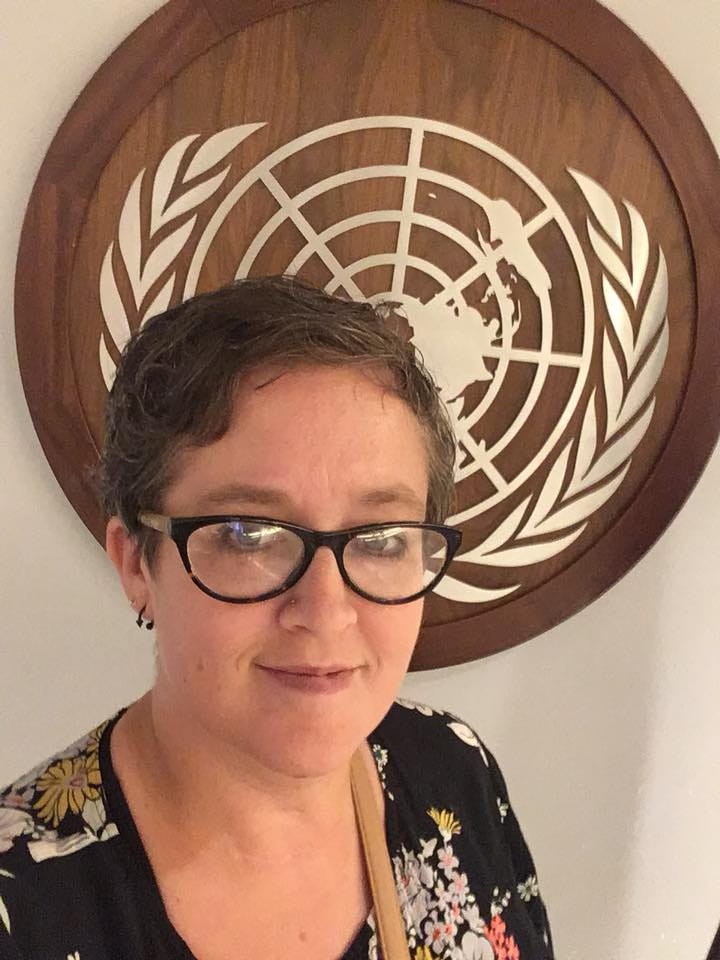From Lived Experience to Steps Toward Meaningful Change: Tips on Supporting Partners in the Work of Public Policy Development
By Rae Martens
In 2018 I was hanging out at my sibling’s house when I briefly checked my phone and saw a rather unusual email. With a subject line that included the words, “United Nations”, I briefly wondered if I was being called up to the Avengers. While I continue to remain without official status as “super hero”, I was asked to be a part of a team that would be attending COSP. (Conference on the States Parties on the Convention on the Rights of Persons with Disabilities.)
The prospect of participating in such an event was so very much empowering. Intimidating, but I had to remind myself quite often that I was invited for a reason. Given this was a touch beyond my scope of knowledge, I leveraged at the time a few people in the research community that I knew who might have a few insights to help me communicate to the best of my ability.
Public policy shapes the world we live in, influencing everything from healthcare access to disability rights. Yet, for too long, those most affected by policies have been excluded from the decision-making process.
There is a growing movement to see the fingerprints of lived experience where decisions are being made. If you are someone interested in doing partnership work in this area, I have a few tips for you that will hopefully be a little helpful.
Onboard your partners to help them better understand the scope of your work and where it fits in the bigger picture. An open door such as this for new partners feels very larger than life. Sometimes expectations might not match up. So it’s important to help partners understand what you’re looking to do before you dive into the work. Offer plenty of space for questions.
Provide Accessible and Trauma-Informed Spaces
Many partners have faced systemic harm, making it essential to create spaces that are safe, accessible, and trauma-informed. This includes ensuring that meetings, materials, and communication methods accommodate the needs of those in the room.
In preparation or for during events, plan for way that will provide successful accommodations. Normalize practices that prioritize accessibility and well-being.
Subsidize expenses straight away where you can. I realize that some institutions work from a reimbursement standard. Where you can, consider how you can alleviate the financial barriers associated with participation and partnership.
Ensure partnership work isn’t extractive. While the voice of lived experience is powerful in this work, sometimes partners would benefit from knowledge tools for example that can aid in their own advocacy.
Partnering with people with lived experience makes for a powerful and impactful team in policy research. Creating best starts to build healthy partnerships means those partnerships will be sustainable in the long run.





